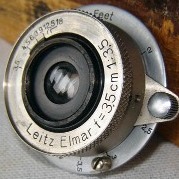Serviceability M8 & M8.2 displays
-
Recently Browsing 0 members
- No registered users viewing this page.
-
Similar Content
-
- 9 replies
- 690 views
-
- 6 replies
- 1,409 views
-
- 6 replies
- 473 views
-
- 9 replies
- 486 views
-
- 2 replies
- 499 views
-



Recommended Posts
Join the conversation
You can post now and register later. If you have an account, sign in now to post with your account.
Note: Your post will require moderator approval before it will be visible.